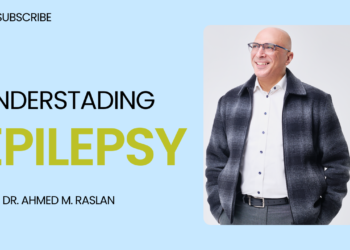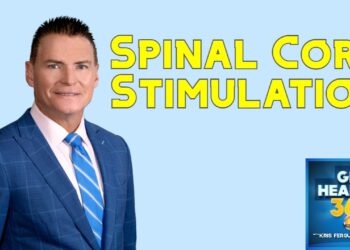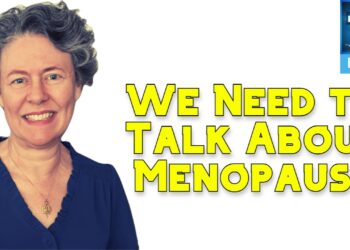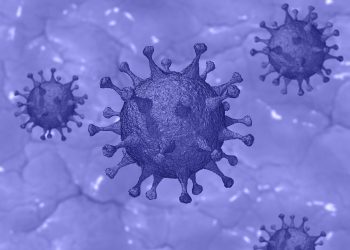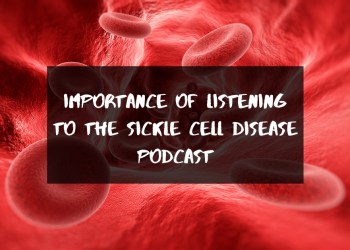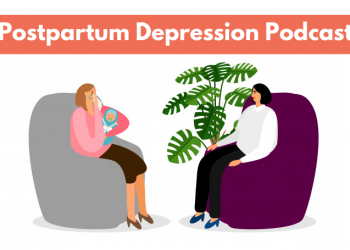What does hormone therapy have to offer you?

The US Preventive Services Task Force on menopausal hormone therapy recently released guidelines regarding hormone therapy for menopausal women. The task force recommends against the use of hormone therapy to prevent chronic conditions for menopausal women. The key issues the task force did not make clear was the use of hormone therapy for the treatment of symptoms versus the prevention of chronic diseases.
The ELITE trial showed that the adverse events are very low in women in early menopause, ie women within 10 years of the onset of menopause. If bone health is concerned, hormone therapy may be indicated. It is worth noting, hormone replacement therapy is FDA approved for treating menopausal symptoms such as painful intercourse in some genitourinary symptoms. It is recommend you speak with your gynecologist if your concerned about menopausal symptoms and if hormone replacement therapy is an option.
The Research
JAMA. 2017 Dec 12;318(22):2224-2233. doi: 10.1001/jama.2017.18261.
Hormone Therapy for the Primary Prevention of Chronic Conditions in Postmenopausal Women: US Preventive Services Task Force Recommendation Statement.
US Preventive Services Task Force, Grossman DC1, Curry SJ2, Owens DK3,4, Barry MJ5, Davidson KW6, Doubeni CA7, Epling JW Jr8, Kemper AR9, Krist AH10,11, Kurth AE12, Landefeld CS13, Mangione CM14, Phipps MG15, Silverstein M16, Simon MA17, Tseng CW18,19.
Abstract
Importance:
Menopause occurs at a median age of 51.3 years, and the average US woman who reaches menopause is expected to live another 30 years. The prevalence and incidence of most chronic conditions, such as coronary heart disease, dementia, stroke, fractures, and breast cancer, increase with age; however, the excess risk for these conditions that can be attributed to menopause alone is uncertain. Since the publication of findings from the Women’s Health Initiative that hormone therapy use is associated with serious adverse health effects in postmenopausal women, use of menopausal hormone therapy has declined.
Objective:
To update the 2012 US Preventive Services Task Force (USPSTF) recommendation on the use of menopausal hormone therapy for the primary prevention of chronic conditions.
Evidence Review:
The USPSTF reviewed the evidence on the benefits and harms of systemic (ie, oral or transdermal) hormone therapy for the prevention of chronic conditions in postmenopausal women and whether outcomes vary among women in different subgroups or by timing of intervention after menopause. The review did not address hormone therapy for preventing or treating menopausal symptoms.
Findings:
Although the use of hormone therapy to prevent chronic conditions in postmenopausal women is associated with some benefits, there are also well-documented harms. The USPSTF determined that the magnitude of both the benefits and the harms of hormone therapy in postmenopausal women is small to moderate. Therefore, the USPSTF concluded with moderate certainty that combined estrogen and progestin has no net benefit for the primary prevention of chronic conditions for most postmenopausal women with an intact uterus and that estrogen alone has no net benefit for the primary prevention of chronic conditions for most postmenopausal women who have had a hysterectomy.
Conclusions and Recommendation:
The USPSTF recommends against the use of combined estrogen and progestin for the primary prevention of chronic conditions in postmenopausal women. (D recommendation) The USPSTF recommends against the use of estrogen alone for the primary prevention of chronic conditions in postmenopausal women who have had a hysterectomy. (D recommendation).
https://www.medscape.com/viewarticle/890522?src=WNL_infoc_180128_MSCPEDIT_TEMP2&uac=219476PJ&impID=1543230&faf=1

